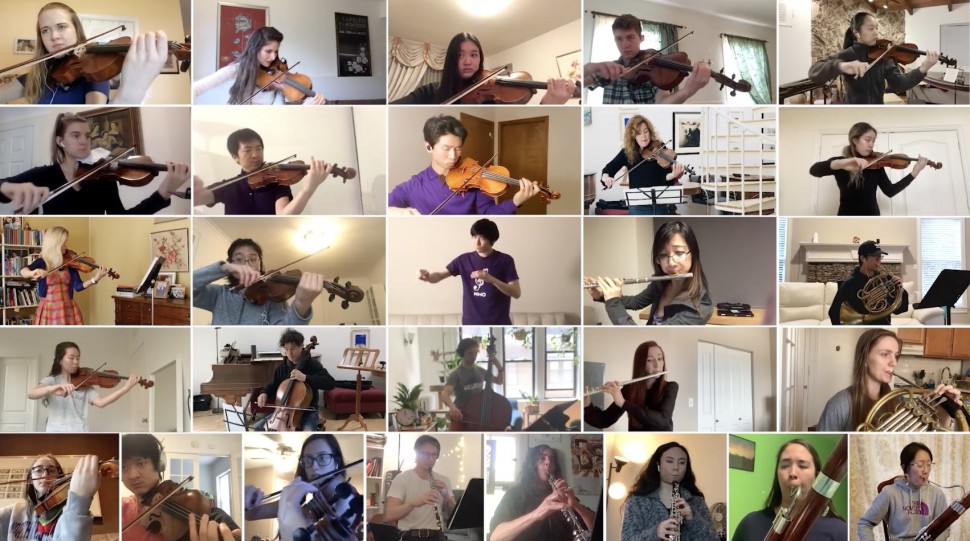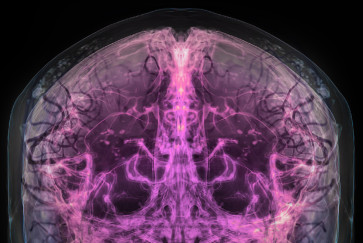“Music is essential during crises. It is part of psychological first aid,” said Dr. Borna Bonakarpour, professor of neurology at Northwestern University Feinberg School of Medicine.
So, while Northwestern Medicine health care providers cared for patients with COVID-19, 37 musicians from Northwestern Medical Orchestra (NMO), Feinberg School of Medicine and Bienen School of Music cared for the doctors, nurses and other health care workers with a virtual performance of an excerpt of the soothing Mozart Piano Concerto No. 20. They call themselves the Northwestern Virtual Orchestra.
“The piece we chose had to be comforting to help with stress relief during the pandemic,” Bonakarpour said.
Bonakarpour, who plays the piano in the concert, organized this collaboration between Northwestern Feinberg School of Medicine and Bienen School of Music. By July 1, the first video had been viewed about 6,000 times. The video will be on the Northwestern Medicine TV channel for all the staff to watch.
NMO was formed in 2018 by first-year medical students to provide an instrumental musical experience for members of the Northwestern medical community on the Chicago campus.
Bonakarpour also has launched a pilot tele-music program for patients admitted to the Northwestern Medicine neurology unit. This three-month pilot program, which is performed in collaboration with a team of clinically oriented musicians and therapists, aims to reduce symptoms of anxiety, depression and isolation.
During this program the intervention team will plan a combination of musical pieces and improvisations to be played remotely for patients through an iPad. The content of each intervention is different and depends on a patient’s condition (anxiety, isolation, pain, disorientation, etc.).
“This program is great for staff members, patients and musicians who have not been able to perform in public during the pandemic,” Bonakarpour said.


